Esports has exploded into a multi-billion-dollar industry, captivating millions of fans worldwide. As I delve into the business side of this phenomenon, it’s clear that sponsorships and brand partnerships play a pivotal role in driving its growth.
Major companies are recognizing the potential of esports to reach younger audiences, leading to lucrative deals that reshape the landscape of traditional advertising. In this article, I’ll explore how brands leverage the popularity of esports to create impactful marketing strategies.
From team sponsorships to event partnerships, the financial stakes are higher than ever. Join me as I uncover the fascinating world where gaming meets big business, revealing the strategies behind those big money deals that are reshaping the future of entertainment.
Overview of The Business of Esports
The esports industry has rapidly evolved into a multi-billion-dollar enterprise. In 2022, the global esports market generated approximately $1.44 billion in revenue. This substantial growth largely stems from the increasing number of viewers and participants, with over 474 million people watching esports worldwide.
Companies are keen to capture the attention of this audience, particularly younger demographics, as they represent a lucrative market for brand engagement. Sponsorship plays a pivotal role in the business of esports.
Major brands like Red Bull, Intel, and Coca-Cola partner with teams and events to enhance their visibility. Sponsorship deals can range from hundreds of thousands to millions of dollars, depending on the team’s prominence and the size of the event.
Partnerships often include brand integration within gaming content and promotional campaigns, allowing sponsors to gain substantial exposure.
Sponsorships in Esports
Sponsorships play a crucial role in the esports industry, offering brands an opportunity to connect with a dedicated fanbase while providing teams and events with necessary funding. These partnerships significantly influence the growth and visibility of esports.
Types of Sponsorships
- Team Sponsorships: Brands often sponsor professional esports teams, providing financial support in exchange for logo placements, promotional appearances, and social media exposure. This investment can range from hundreds of thousands to millions of dollars annually.
- Event Sponsorships: Companies sponsor tournaments and events, enhancing their visibility to massive audiences. Event sponsors typically receive branding opportunities throughout the competition, including digital advertising and physical merchandise displays.
- League Sponsorships: Major esports leagues offer sponsorship packages that include promotional rights and branding across various tournaments. League sponsors often engage in extensive marketing campaigns tied to the season’s events, amplifying their reach.
- Content Sponsorships: Brands can sponsor live streams or esports-related content on platforms like Twitch and YouTube. This sponsorship includes funding for creators in exchange for brand integration within broadcasts, facilitating direct audience interaction.
Impact of Sponsorships on Teams and Events
Sponsorships significantly impact both teams and events by providing essential revenue streams. Financial backing allows teams to invest in better facilities, training, and player salaries, ultimately enhancing competitive performance.
Events benefit from sponsorships by attracting higher production quality, larger prize pools, and improved fan experiences. Brand partnerships also shape marketing strategies. Teams and events leverage sponsor funding to create engaging content, increasing their visibility in traditional and digital media.
As a result, robust sponsorship relationships foster innovation and drive viewer engagement, essential for the growth of the esports landscape. Data shows that significant sponsorship deals can lead to transformative changes within teams and tournaments.
For instance, in major events like The International, sponsorship revenue can account for up to 60% of total funding, underscoring the financial weight of these partnerships.
Brand Participation in Esports
Brand participation in esports plays a crucial role in shaping the industry’s growth. As brands seek to connect with younger audiences, they engage in diverse sponsorship deals and collaborations.
Major Brands Entering the Scene
Several major brands enter the esports landscape, leveraging its popularity. Companies like Nike, Samsung, and Audi invest in sponsorships and partnerships with teams or events. For instance, Nike created jerseys for the League of Legends Championship Series, enhancing visibility in competitive gaming.
Samsung partnered with major esports events, showcasing its latest technologies, while Audi launched its own esports league, targeting competitive players. Such moves reflect a strategic shift toward associating with the vibrant esports community.
Case Studies of Successful Collaborations
Examining successful collaborations highlights effective brand participation in esports.
- Red Bull and Team SoloMid (TSM): Red Bull sponsors TSM, creating branded content that engages fans. The partnership enhances TSM’s visibility and aligns Red Bull with competitive gaming culture.
- Intel and ESL: Intel’s long-term partnership with ESL sets a benchmark for brands in esports. They collaborate on tournaments, enhancing gaming technology while driving viewership through joint marketing campaigns.
- Coca-Cola and Overwatch League: Coca-Cola’s sponsorship of the Overwatch League exemplifies strategic brand integration. The partnership includes exclusive in-game content and promotional campaigns, connecting directly with the fanbase.
These collaborations demonstrate how brands leverage their resources to elevate both the esports teams and events, resulting in mutual benefits and increased presence in this dynamic market.
Big Money Deals in Esports
Esports has witnessed substantial financial transactions, marked by significant investments that highlight the industry’s appeal. As brands pursue opportunities, the dollar amounts tied to sponsorships and partnerships continue to surge.
Analysis of Recent Financial Transactions
Recent financial transactions in esports underscore immense growth potential. For instance, Riot Games secured $400 million in a media rights deal for League of Legends, highlighting the increasing value of broadcasting rights.
Teams like FaZe Clan recently reached a $40 million deal with a cryptocurrency platform, showcasing how digital assets are becoming key players in sponsorship. Furthermore, companies such as Activision Blizzard have engaged in blockbuster partnerships, including a multi-year sponsorship with Verizon valued at $1 million annually.
Notably, the Dota 2 International tournament recorded a prize pool of over $40 million, fueled by crowdfunding through player purchases. These transactions emphasize the escalating investment landscape within esports.
Future Trends in Esports Investments
Future trends reveal that esports investments will likely focus on emerging technologies and media rights. With virtual reality and augmented reality gaining traction, brands will explore innovative ways to engage audiences.
Additionally, subscription models for exclusive content may arise, enhancing revenue streams from dedicated fans. Analysts predict that team valuations could skyrocket, with top franchises potentially reaching $500 million in market value.
The entrance of traditional sports institutions, like the NBA’s investment in Team Liquid, signals an ongoing convergence of industries. Anticipating these changes, brands will likely ramp up partnerships and sponsorships, further solidifying esports’ position in the global market.
























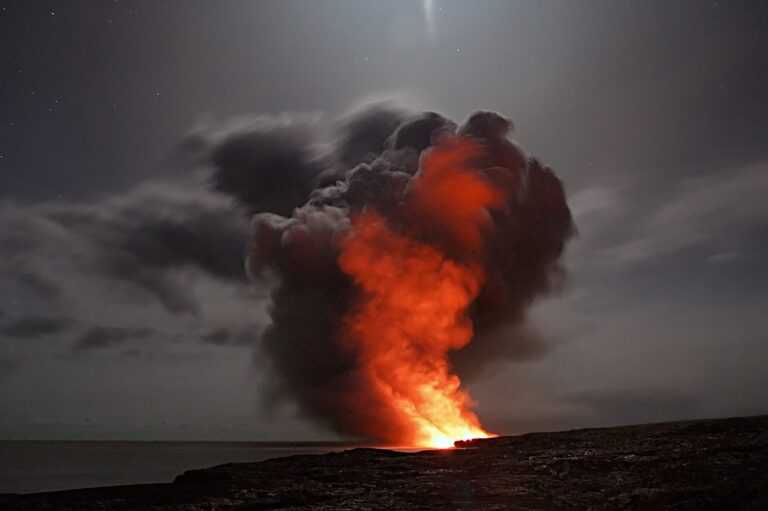




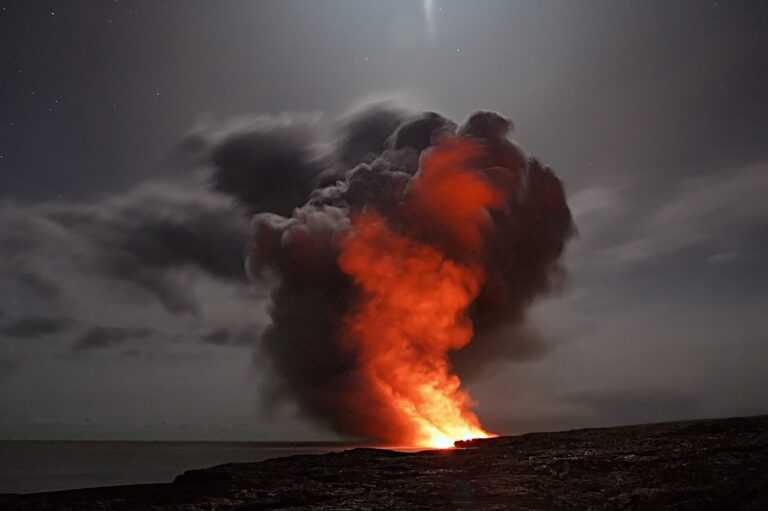




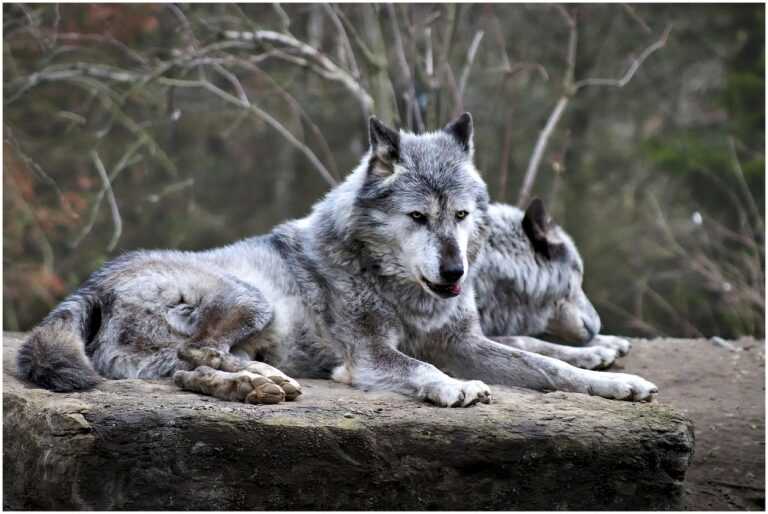




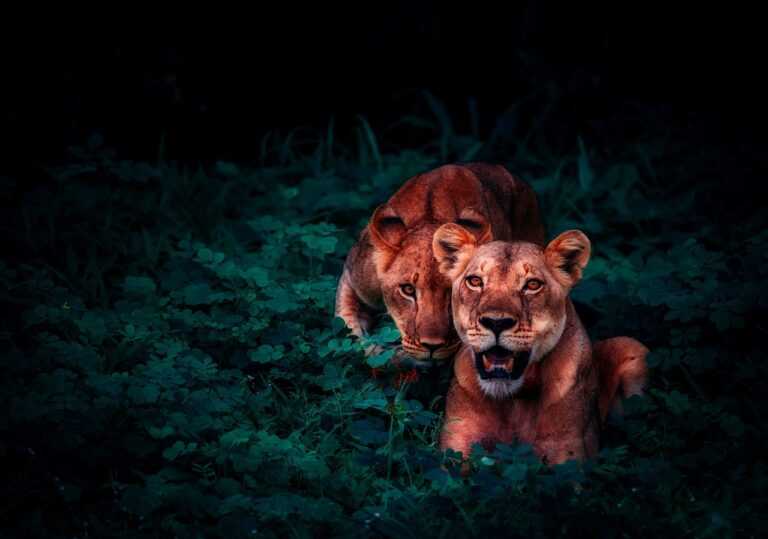
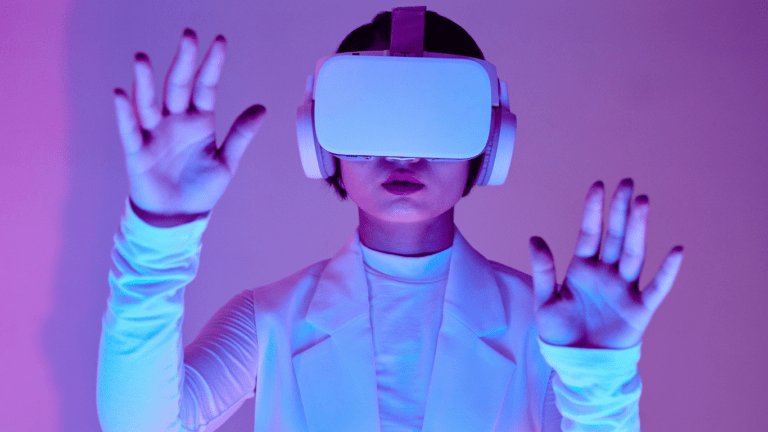




































































































































































































































































































































































































































































































































































































































































































































































































































































































































































































































































































































































































































































































































































































































































































































































































































































































































































































































































































































































































































 Romaine Clark serves as a vital contributor to Power Gamer Strategy Hub’s strategic insights and esports coverage. With a strong grasp of competitive dynamics and team play, he offers readers nuanced breakdowns of tournaments, pro-level tactics, and rising trends in the esports arena. His commentary and analysis consistently help readers sharpen their own gameplay and understanding of the evolving meta.
Romaine Clark serves as a vital contributor to Power Gamer Strategy Hub’s strategic insights and esports coverage. With a strong grasp of competitive dynamics and team play, he offers readers nuanced breakdowns of tournaments, pro-level tactics, and rising trends in the esports arena. His commentary and analysis consistently help readers sharpen their own gameplay and understanding of the evolving meta.